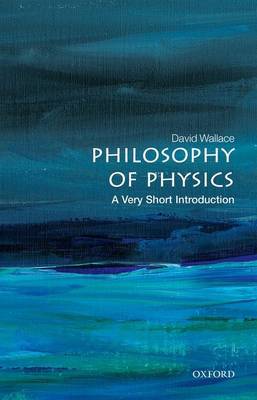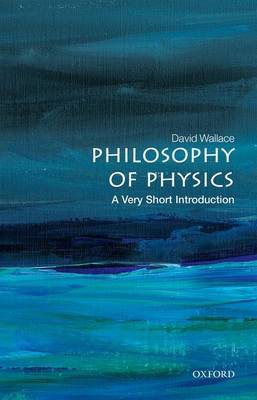
- Retrait gratuit dans votre magasin Club
- 7.000.000 titres dans notre catalogue
- Payer en toute sécurité
- Toujours un magasin près de chez vous
- Retrait gratuit dans votre magasin Club
- 7.000.0000 titres dans notre catalogue
- Payer en toute sécurité
- Toujours un magasin près de chez vous
Description
Very Short Introductions: Brilliant, Sharp, Inspiring Philosophy of physics is concerned with the deepest theories of modern physics--notably quantum theory, our theories of space, time and symmetry, and thermal physics--and their strange, even bizarre conceptual implications. A deeper understanding of these theories helps both physics, through pointing the way to new theories and new applications, and philosophy, through seeing how our worldview has to change in the light of what we learn from physics. This Very Short Introduction explores the core topics in philosophy of physics through three key themes. The first-- the nature of space, time, and motion--begins by considering the philosophical puzzles that led Isaac Newton to propose the existence of absolute space, and then discusses how those puzzles change--but do not disappear-- in the context of the revolutions in our understanding of space and time that came first from special, and then from general, relativity. The second--the emergence of irreversible behavior in statistical mechanics--considers how the microscopic laws of physics, which know of no distinction between past and future, can be compatible with the melting of ice, the cooling of coffee, the passing of youth, and all the other ways in which the large-scale world distinguishes past from future. The last section discusses quantum theory--the foundation of most of modern physics, yet mysterious to this day. It explains just why quantum theory is so difficult to make sense of, how we might nonetheless attempt to do it, and why the question has been highly relevant to the development of physics, and continues to be so. ABOUT THE SERIES: The Very Short Introductions series from Oxford University Press contains hundreds of titles in almost every subject area. These pocket-sized books are the perfect way to get ahead in a new subject quickly. Our expert authors combine facts, analysis, perspective, new ideas, and enthusiasm to make interesting and challenging topics highly readable.
Spécifications
Parties prenantes
- Auteur(s) :
- Editeur:
Contenu
- Nombre de pages :
- 176
- Langue:
- Anglais
- Collection :
Caractéristiques
- EAN:
- 9780198814320
- Date de parution :
- 01-07-21
- Format:
- Livre broché
- Format numérique:
- Trade paperback (VS)
- Dimensions :
- 107 mm x 173 mm
- Poids :
- 99 g

Les avis
Nous publions uniquement les avis qui respectent les conditions requises. Consultez nos conditions pour les avis.






